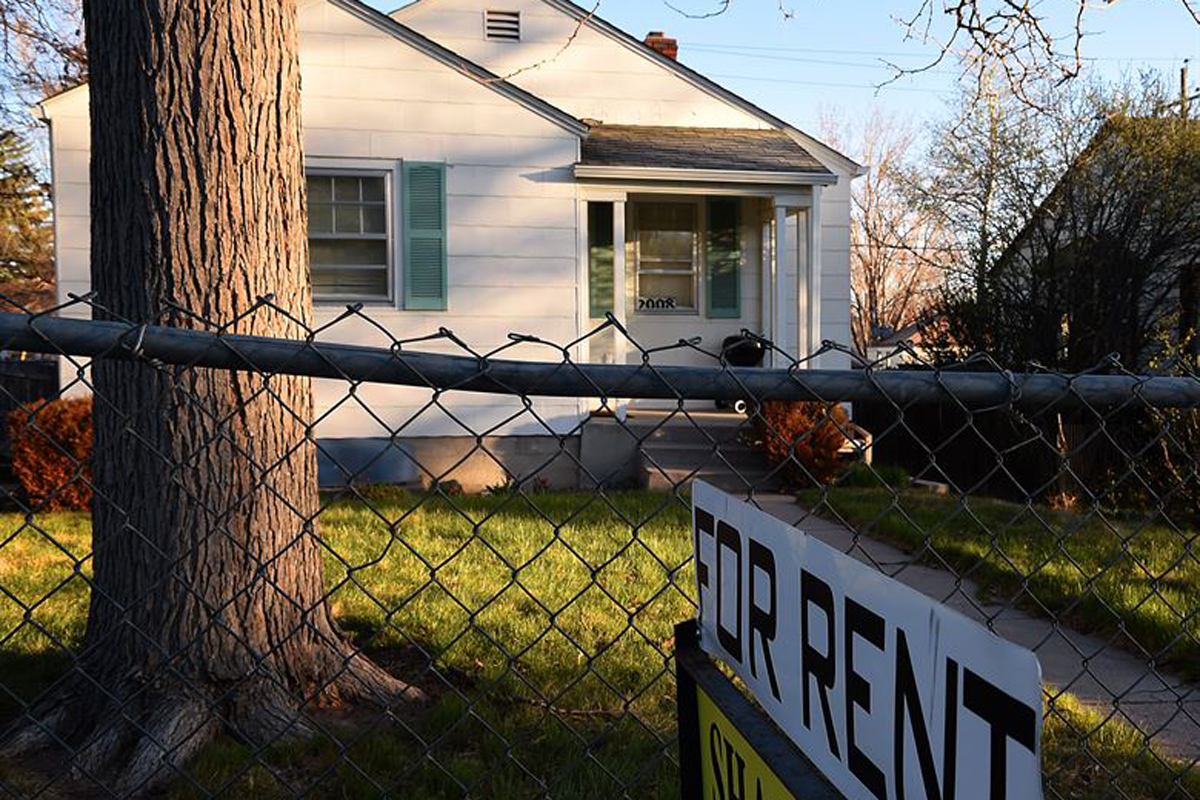Congress Must Pass Emergency Rental Assistance and Rental Market Stabilization Act
COVID-19 has created an economic crisis in the United States that has yet to hit its peak.
For five months, millions of workers have either lost their job or seen a significant decrease in income, while being forced to safely shelter at home. These conditions have left more than 40% of renter households at risk of eviction across the country.
As federal and statewide eviction moratoriums come to a close and enhanced unemployment expires, monthly rent will not be financially possible. It is estimated that approximately 40 million Americans will be evicted during the pandemic. According to John Pollock, coordinator of the National Coalition for a Civil Right to Counsel, there will be 2.3 million evictions in August. That is equivalent to the total number of evictions for the year 2016.
CARES Act Can’t Help Everyone
The government attempted to address this inevitable eviction crisis when they passed the Coronavirus Aid, Relief, and Economic Security (CARES) Act in March. The legislation included grants that provided funding for short-term rent relief, mortgage, utilities, and services for homeless individuals, such as shelters and rapid re-housing. As of mid-July, the National Low Income Housing Coalition (NLIHC) identified 44 state programs and 151 local programs created or expanded to assist folks with housing during the COVID-19 pandemic. These programs come from both CARES and non-CARES funding sources, and range in size and funding.
Despite this aid, there are barriers that prevent it from being utilized to its full potential.
First, the bulk of these funds are allocated for short-term rent assistance, between one and three months. This was helpful while it lasted, but now these renters need those same funds to keep their homes.
Next, very few programs are designated for extremely low-income renters, those who need this relief the most. Furthermore, documentation and landlord approval are often needed to obtain any assistance, further complicating and delaying this essential service.
As more people fall into economic distress, the need for emergency assistance has by far eclipsed available funding.
For example, at least 40% of new programs distribute assistance based on a first-come, first-serve basis. Other programs rely on a lottery system. In addition to the need for assistance outstripping current resources available, nearly 30% of the rental assistance programs created in response to COVID-19 have already been discontinued.
Finally, some programs have ceilings on the amount of assistance provided. Consequently, the government needs to provide more resources to keep these renters afloat.
Emergency Rental Assistance and Rental Market Stabilization Act
This current situation led to creating The Emergency Rental Assistance and Rental Market Stabilization Act. This emergency relief package includes $100 billion of continued emergency rental assistance for households affected by the COVID-19 crisis. $100 billion may seem like an extremely large amount of money. However, the NLIHC estimates this is the amount needed to keep low-income renters stably housed.
These funds would be distributed based on income. The majority is used by extremely low-income individuals and households, those who need it the most. Moreover, income eligibility is based on the day a household applies for assistance. This addresses the needs of households that have experienced a sudden job loss or loss of wages without imposing burdensome documentation requirements that can result in the exclusion of low-income renters from needed assistance.
All in all, this would ensure adequate funding to keep all low-income renters safely and stably housed for a year. In addition, people are not competing for limited, yet essential aid through lottery systems and other exclusionary means.
As government assistance begins to end, our leaders must make a decision regarding the 40 million people who are in jeopardy of losing their homes. Without intervention, there will be no stable permanent housing options. It will force people into homelessness.
There are currently just over 550,000 homeless individuals in the United States. By the end of the pandemic, that number could increase exponentially. Our leaders must show their commitment to constituents and low-income people. Congress must pass a comprehensive relief package that will prevent this tragedy.
The House of Representatives has already passed the Emergency Rental Assistance and Rental Market Stabilization Act. It is now up to the US Senate. Contact your senators and demand they pass The Emergency Rental Assistance and Rental Market Stabilization Act.













